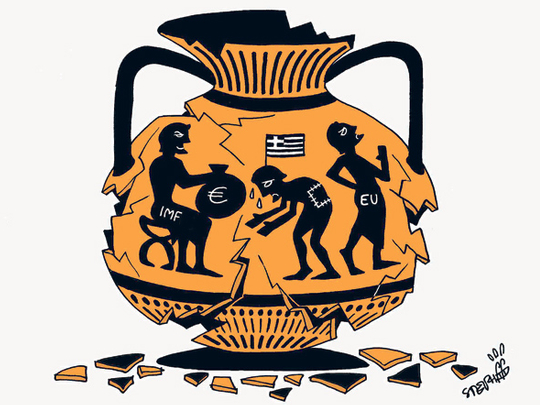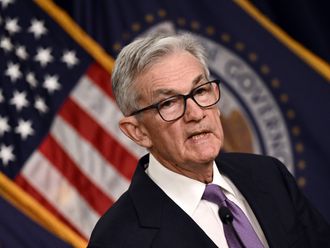
It is an awkward arrangement, which has been shaped as much by international politics as economics, but the European Union (EU) and the International Monetary Fund (IMF) have agreed to offer Greece much-needed financial assistance.
Germany correctly was reluctant for the EU to foot the bill for a costly bail-out of Greece, which has run up massive public debt and a huge budget deficit. Countries, as much as people, must live within their means and protesting Greek public servants, reluctant to give up some of the benefits of state employment, cannot change this harsh economic reality.
The agreement allows for the EU and the IMF to together provide Greece with the money it needs if it runs out of all other financing options. By acting as lenders of last resort, the EU and IMF will make Greece, which has to pay 20 billion euros of debt in May, a more attractive prospect for bankers. Greece will prefer to get the money it needs from the international financial markets as the IMF is expected to impose a necessarily strict budgetary regime on it if the country turns to it for help. Greece has been given the financial help it needs, but not a blank cheque.








